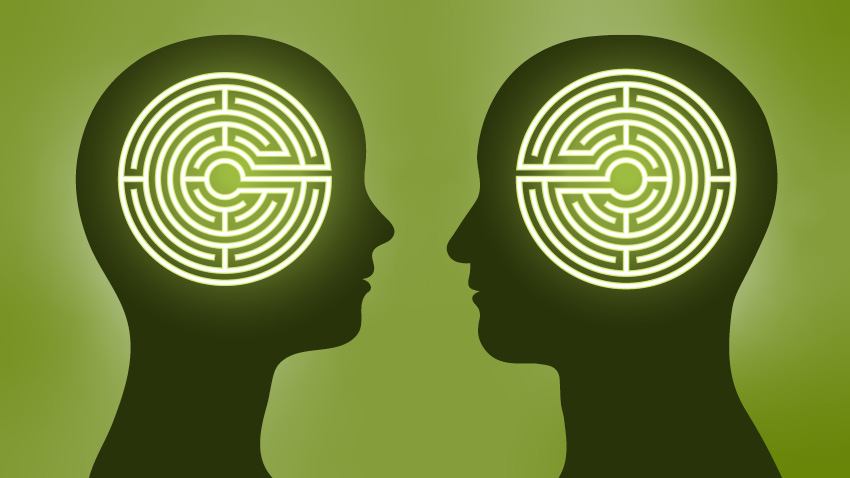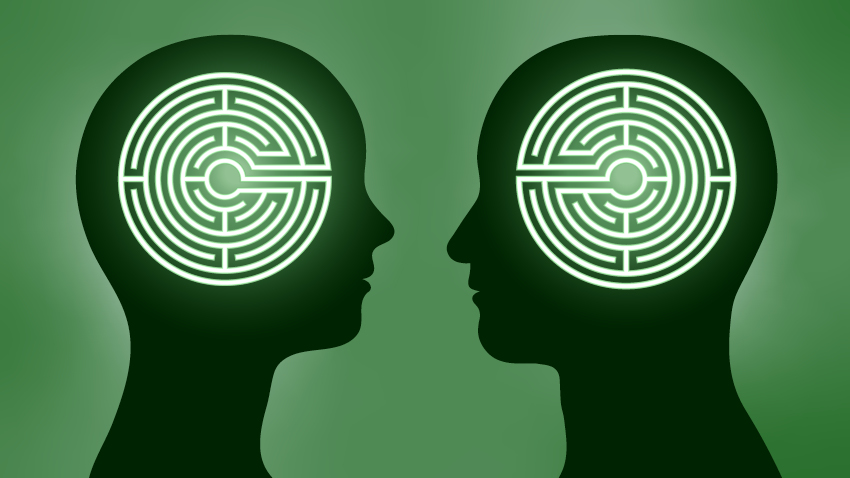
Read more

Science is relevant to every person—it is just that many people don’t realize it. The volume and complexity of modern science, and the speed at which nonsense (nonscience) is transmitted, make the dissemination of accurate scientific concepts a challenge. Add fake science to the mix and one can understand why the public is confused. This confusion can have dire consequences—mistrust of vaccinations resulting from discredited and retracted scientific publications has caused unnecessary suffering and thousands of deaths, while misrepresentation of climate science has devalued the impact of global warming and its perilous implications. The most attention-grabbing headlines in the media are often about scientists who have dubious motives or have committed ethical atrocities—whether it’s DNA editing of humans, a wholly unscientific chocolate diet, or debunked cold nuclear fusion. To counter such misinformation, scientists need to take the initiative and proactively communicate their science in an accurate and understandable manner. This webinar provides guidance on how to best communicate science to your peers and the public. Stand up and tell the world about what you do. Help everyone understand how science makes society better.
Or listen it as a podcast:
Panel:
Laura Lindenfeld, Ph.D. (Alan Alda Center for Communicating Science Stony Brook, USA)
Alexia Youknovsky (Agent Majeur, France)
Matthew S. Savoca, Ph.D. (Hopkins Marine Station of Stanford University Pacific Grove, USA)
Moderator: Sean Sanders, Ph.D. (Science/AAAS, Washington, DC)